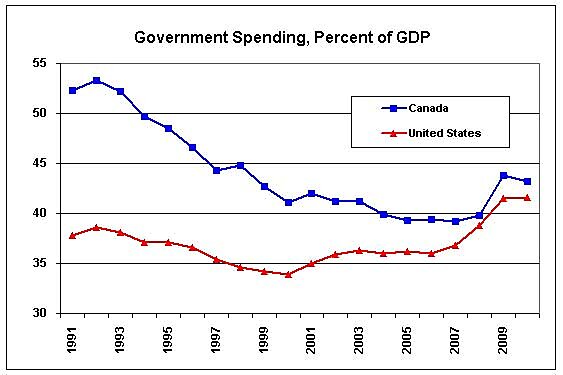I’ve resisted commenting on Snyder v. Phelps, the “funeral protest case,” because, as the old saying goes, hard cases make bad law. And in this instance, really weird and repugnant speech makes for a lot of sound and fury signifying very little.
Still, the bizarre and inflammatory facts of the case — protestors show up at soldiers’ funerals to make the point that these deaths are God’s retribution for America’s tolerance of homosexuality — have gained plenty of media interest, particularly during this relatively uneventful term at the Supreme Court. So I have commented a few times on the radio and yesterday attended the oral argument, the transcript of which you can read here and audio for which should be released on the Court’s website tomorrow.
At the end of the day, this case implicates all sorts of legal issues but the First Amendment is almost tangential to it. A private cemetery can and should remove unwanted visitors for trespassing — but the Phelpses didn’t enter the cemetery. A town can pass ordinances restricting the time, place, and manner of protests — but the Phelpses stayed within all applicable regulations and followed police instructions. Violent or aggressive protestors can be both prosecuted and sued for assault, harassment, and the like — but the Phelpses’ protests are neither loud nor involve “getting up in the grill” of people, as their lawyer (and church member) put it during oral argument. In short, there’s very little to this case and the Phelpses’ actions, ugly and objectionable as they are, are as constitutionally protected as a neo-Nazi parade. If people don’t like that, they can change state laws to put certain further restrictions on protests near funerals or other sensitive areas — or federal laws in the case of military cemeteries—but they shouldn’t be able to sue simply for being offended. Eugene Volokh has a more detailed analysis in the Wall Street Journal.
Oh, and as for predicting how the Court will rule, I’ll say 8–1 for the Phelpses in a narrow opinion, with Justice Alito dissenting (as he did last year in United States v. Stevens, the “depictions of animal cruelty” case).



